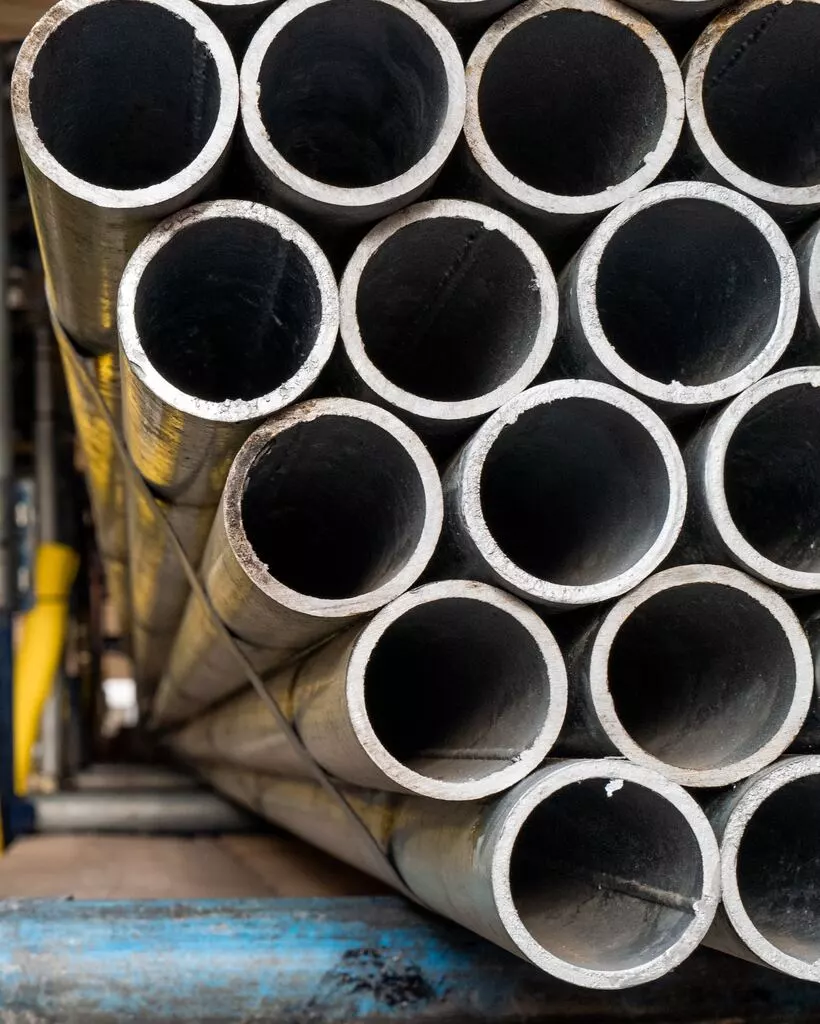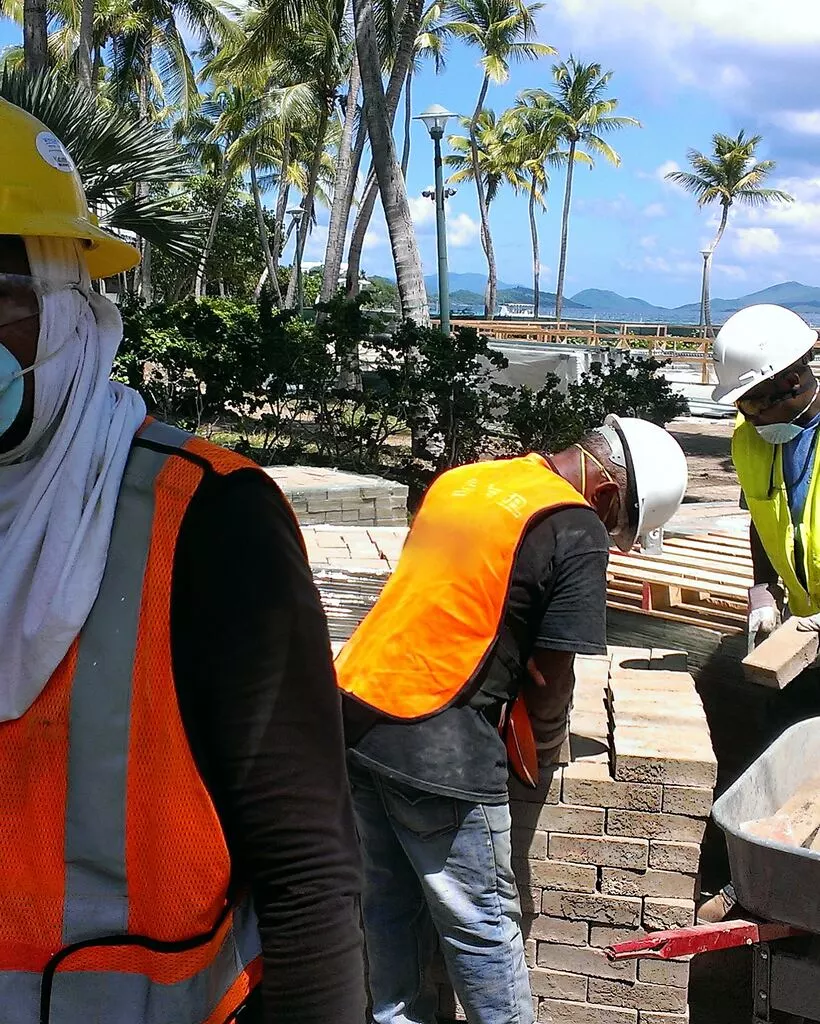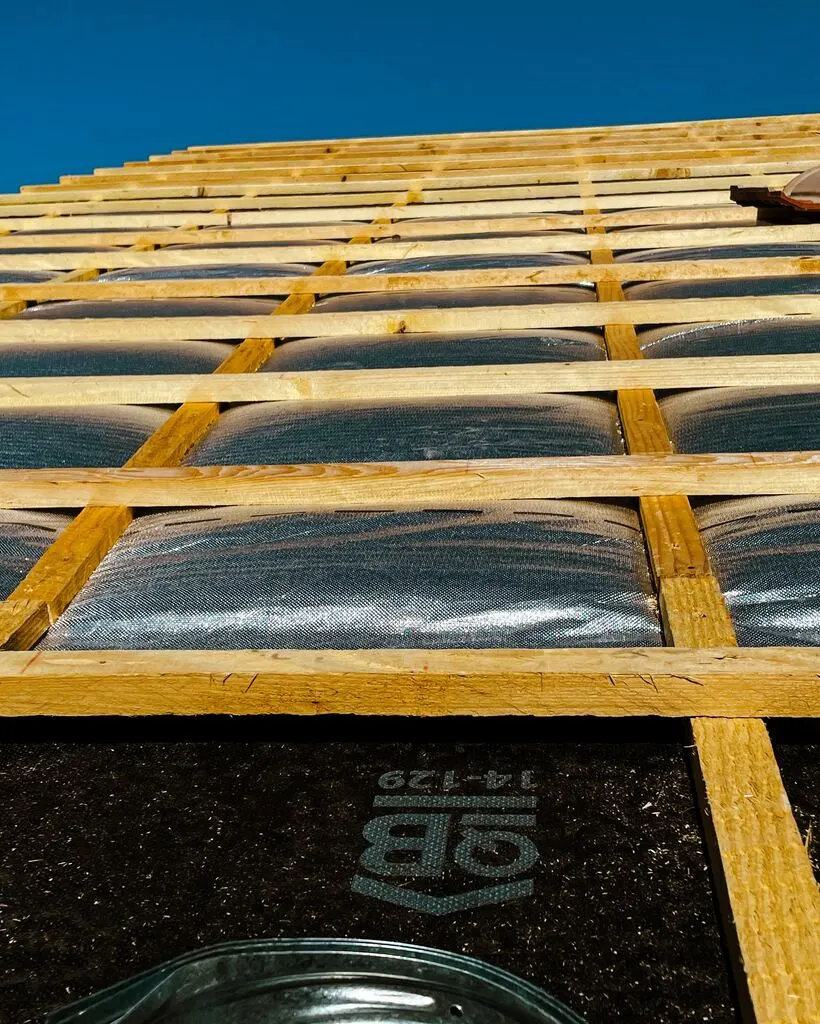Construction and building materials are essential components in the construction industry, playing a significant role in the design, construction, and maintenance of buildings and infrastructure. These materials encompass a wide range of products, each with its unique properties, functions, and applications.
The selection of construction and building materials depends on various factors, including the project’s purpose, location, budget, and environmental considerations. Sustainable and energy-efficient materials are gaining prominence as the construction industry aims to reduce its carbon footprint and promote environmentally friendly practices. Here is an overview of some common construction and building materials:

Concrete: Concrete is one of the most widely used construction materials. It consists of cement, aggregates (such as sand and gravel), water, and sometimes additives. Concrete is known for its strength, durability, and versatility. It’s used in the construction of foundations, walls, floors, bridges, and more.

Steel: Steel is a popular structural material due to its high strength-to-weight ratio, making it suitable for beams, columns, and frames in buildings and infrastructure. It’s also used in reinforcing concrete structures.

Wood: Wood is a renewable and versatile building material used for framing, flooring, siding, and interior finishes. Different types of wood, such as lumber, plywood, and engineered wood products, serve various purposes in construction.

Bricks: Bricks are commonly used for building walls, facades, and partitions. They come in various sizes, shapes, and materials, including clay bricks and concrete blocks.

Masonry: Masonry materials include materials like stone, concrete blocks, and bricks, which are used to create walls, arches, and decorative elements.

Roofing Materials: Roofing materials include shingles, tiles, metal sheets, and roofing membranes. These materials protect buildings from the elements and contribute to their aesthetics.

Insulation: Insulation materials, such as fiberglass, foam board, and cellulose, are used to regulate temperature and reduce energy consumption by providing thermal and sound insulation.

Glass: Glass is used for windows, doors, and facades, allowing natural light into buildings and enhancing aesthetics. Specialized glass can also provide energy efficiency and safety features.

Plumbing and Electrical Materials: These include pipes, wiring, fixtures, and fittings for plumbing and electrical systems within buildings.

Asphalt: Asphalt is used for road construction, parking lots, and roofing. It’s known for its durability and resistance to weather and traffic.

Paints and Coatings: Paints and coatings not only provide aesthetic appeal but also protect surfaces from corrosion, weathering, and wear and tear.

Adhesives and Sealants: These materials are used for bonding, sealing, and waterproofing various construction components and joints.

Cementitious Materials: Besides regular cement, there are various specialized cementitious materials like plaster, mortar, and grout used for finishing and joining building components.

Composite Materials: Composite materials, such as fiber-reinforced plastics (FRP) and composite panels, offer high strength-to-weight ratios and are used in a range of applications, from structural elements to cladding.

Natural Stones: Granite, marble, limestone, and other natural stones are used for flooring, countertops, and decorative elements due to their durability and aesthetic appeal.

Recycled and Sustainable Materials: Increasingly, the construction industry is using recycled and sustainable materials like reclaimed wood, recycled concrete, and eco-friendly insulation to reduce environmental impact.
How to find construction and building material suppliers in Turkey?
Online Directories:
Websites like Yell.com, Yellow Pages, and Kompass have listings of various businesses, including construction material suppliers. You can search for suppliers in Turkey on these platforms.
Trade Shows and Exhibitions: Attend construction industry trade shows and exhibitions in Turkey. These events often feature a wide range of suppliers and manufacturers showcasing their products. Some popular trade shows in Turkey include the “Yapı – TurkeyBuild Istanbul” and the “Turkeybuild Ankara.”
Industry Associations: Contact industry associations related to construction and building materials in Turkey. They may provide lists of member companies, which can be valuable sources for finding suppliers.
Online Marketplaces: Utilize online marketplaces and platforms like Alibaba, Turkishexporter.net, and TradeIndia to search for construction material suppliers based in Turkey.
Local Business Directories: Explore local business directories in Turkey, both online and in print. These directories often list suppliers by category.
Consult with Contractors and Architects:
If you’re working on a construction project in Turkey, consult with local contractors, Architects, or builders. They may have recommendations for reliable suppliers they’ve worked with in the past.
Embassies and Trade Offices: Contact your country’s embassy or trade office in Turkey. They may have information on local suppliers and can provide assistance to foreign businesses.
Online Search Engines: Use search engines like Google and Bing to search for construction material suppliers in Turkey. Be sure to use relevant keywords in your search, such as “construction material suppliers Turkey” or “building material manufacturers in Turkey.”
Social Media and Online Forums: Check social media platforms like LinkedIn and online forums related to the construction industry. Many suppliers have an online presence where they showcase their products and services.
Networking:
Attend industry events and conferences in Turkey to network with potential suppliers and industry professionals. Building personal relationships can lead to valuable supplier contacts.
Remember to conduct due diligence when selecting a supplier. Verify their reputation, quality of products, pricing, and delivery capabilities before making any commitments. Additionally, consider language barriers and cultural differences that may impact communication when dealing with international suppliers.

